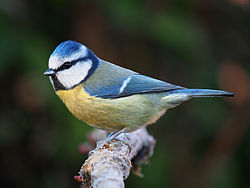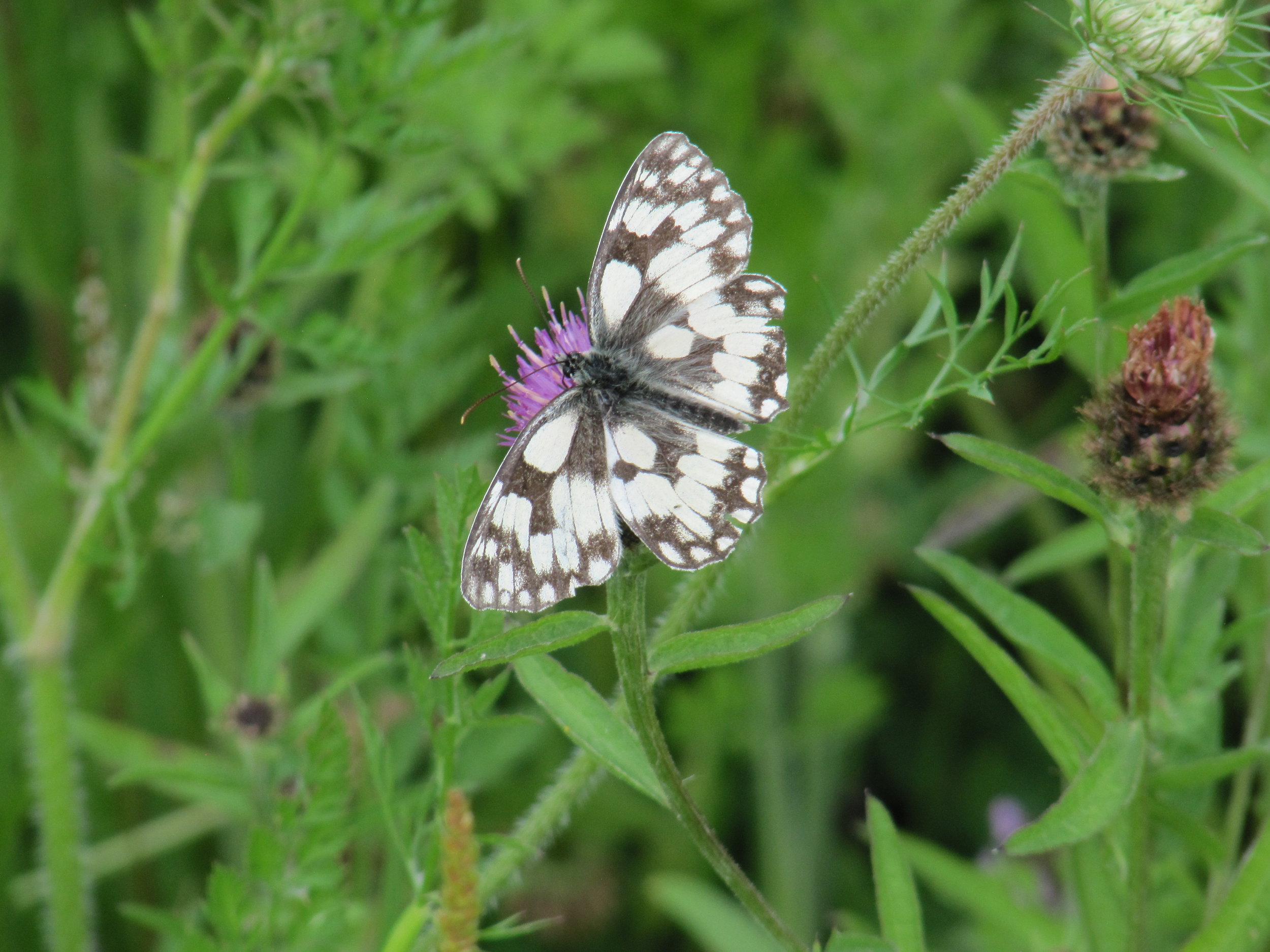Spring is joyfully hurtling towards summer and everything in my garden that flowers, creeps, crawls or flies is at its busiest as every plant and animal focuses on producing the next generation to ensure the survival of its kind. Within the interdependent web of species that inhabit our gardens each has its own niche and plays its own small part in the balance of nature. That is until we get involved.
Gardens can never be truly natural spaces of course, they are places which to a greater or lesser degree we manipulate to our own ends, but what we must never forget is that in order to thrive our gardens rely on nature’s systems, rhythms, checks and balances. Sometimes though in our short sighted and impatient haste to create a superficially beautiful garden we cause a lot more damage than we realise or intend.
The metaldehyde in slug pellets is cited by the RSPCA as the most common cause of dog death in cases referred to the Veterinary Research Service. By 2011 it was found in one in eight of our drinking water sources and by 2013 one source in England had one hundred times the recommended safe levels.
There is no doubt that we have to change our ways, the use of toxic chemicals in gardens in not only unnecessary but contributes to the decimation of our wildlife, if we stop and think it’s obvious.
If we spray the greenfly on the roses, not only are we killing all the other insects there too, like the ladybirds which predate them, we are depriving the blue tits of their babies’ food. The fewer lady birds and blue tits the more aphids and so despite feeding the adult birds all winter and putting up a nest box for them, through our own actions the downward spiral continues.
The word ‘pest’ is just that, a word used to describe an element of our gardens which we have been led to believe is undesirable but in reality is an intrinsic part of its web of life.
I delight in watching the birds, bees and early butterflies increasing in number as the weather warms, they are as much a part of my garden as the birch tree, buddleja and every other plant I cherish. There are no pests here, just a rich variety of wonderful wildlife.



